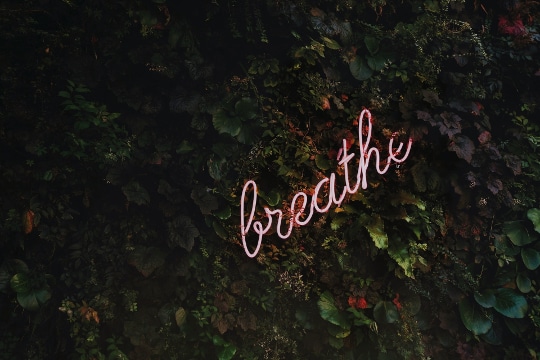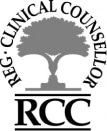- Anger
- Anxiety
- Career
- Couple and Marriage
- Depression
- Grief and Loss
- Relationships
- Self-Esteem
- Shame and Guilt
- Trauma
- Stress
- Men’s Issues

A Special Message from the Director
Affiliations



Weekly Self-Help Blog